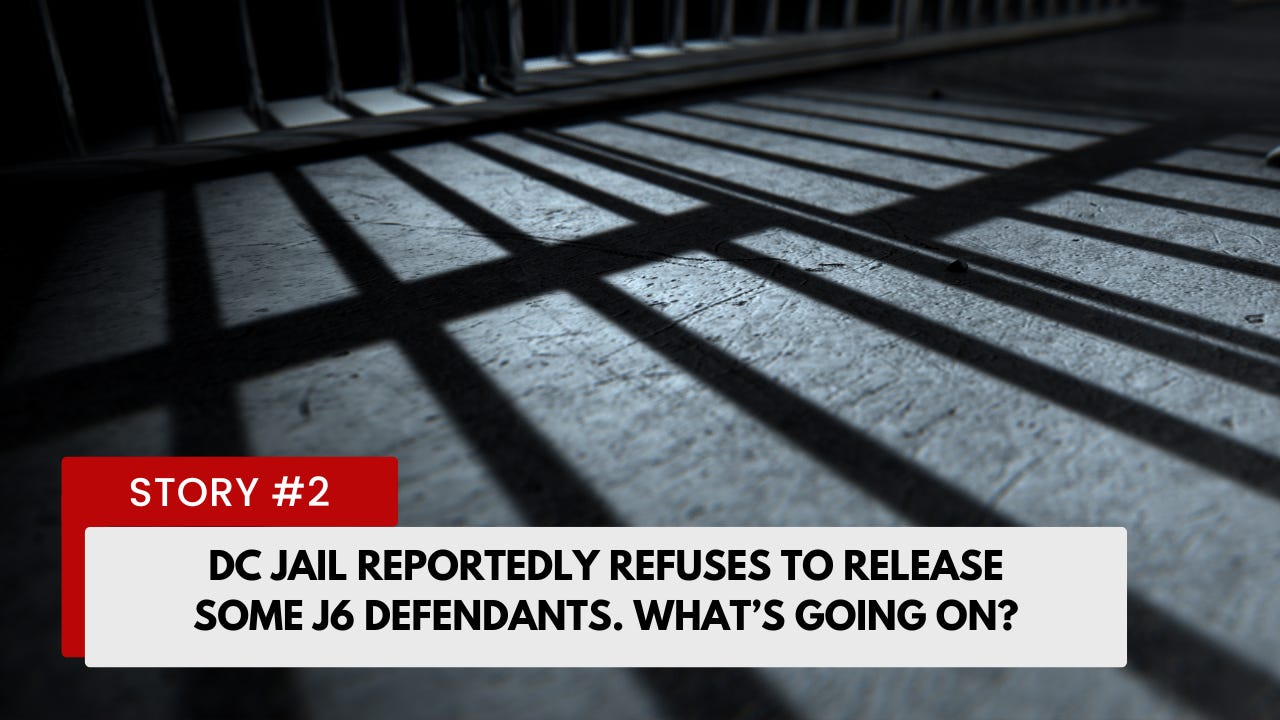This email is free Monday through Friday! I also produce special investigations and shows on Thursday, Friday, and Sunday.
I left a high-paying media job to go independent, and I can’t do it without your support.
Paid subscriptions are just $6/month and keep this work alive. Cancel anytime. Click the red subscribe button to join!


ATLANTA, GA - In what The Atlanta Journal-Constitution described in December 2024 as “potentially the biggest shake-up of Georgia’s Medicaid system since 2006,” Georgia’s Department of Community Health granted new contracts to four insurers last year, while shutting out Amerigroup and Peach State Health Plan, companies which had both long managed Medicaid care for the state.
During procurement, overseen by Georgia’s Department of Administrative Services, ten companies bidding for the contract in December 2023 had to answer 65 hypothetical questions, one of which was about how the company would handle the case of “[a] 14-year-old, transgender White female (assigned male sex at birth but identifies as a female) member living in a rural area [who] has been diagnosed with major depressive disorder.” Click here to read more.

WASHINGTON D.C. - Some January 6 defendants were reportedly not released from a Washington, D.C. jail on Monday night, following President Donald Trump’s sweeping Executive Order offering full pardons, dismissals, or commutations to nearly all defendants.
A White House liaison showed up at the jail late Monday and said two brothers, Andrew Valentin, 26, and Matthew Valentin, 31, had been released, per Trump’s order.
However, people gathered outside the jail said there were other defendants still inside:
A possible explanation was posted on X by WUSA 9 investigative reporter Jordan Fischer. Basically, Trump’s order gave full pardons to almost everyone convicted of J6-related crimes. However, if someone is in jail and still awaiting trial, their case, per the order, will be dismissed. The dismissal of such cases could take longer to process, according to Fischer. Click here to read more.

CHICAGO, IL - Already 46 towns around Illinois have voted to impose a 1% grocery tax in 2026. Other Illinoisans will start to save 1% on groceries when the statewide tax ends.
There are 46 Illinois towns that will continue the 1% grocery tax once the statewide tax ends in 2026, according to data from the Illinois Department of Revenue. The rest of the state will start to see 1% savings at the grocery store.
The map below shows which towns will begin taxing groceries in 2026, but the list will only get longer unless residents show they are opposed to taxing residents’ unavoidable need to eat. Even if a town is not on the map, communities have until October 2025 to decide whether to keep or kill the 1% tax on everyday grocery items.
Grocery shoppers around the state saved $360 million the year state leaders suspended the tax as a way to combat rampant inflation. That was roughly $30 per Illinoisan. That means a family of four could save about $115 a year on food, depending on where they live. Click here to read more.

RALEIGH, NC - In May 2024, former Raleigh firefighter Nicholas Banister and his wife Amanda were arrested on dozens of drug trafficking charges.
It all stemmed from an Alcohol Law Enforcement investigation into illegal drug sales in Glenwood South and other downtown areas.
While in jail, they were hit with another punishment: An excise tax from the North Carolina Department of Revenue.
The tax bills totaled $578,000 for the drugs agents say they found in the couple's home on Long Cove Court.
"It's wrong, let me put it that way," Laura Webb of the North Carolina Justice Center says about the state's program to tax illicit drugs and alcohol.
Webb said the tax is aggressive.
"They can take money out of your bank account, they can garnish your wages, they can put liens on property," Webb said.
North Carolina is one of 17 states where people with certain amounts of drug are supposed to pay taxes by purchasing drug stamps from the state. Click here to read more.

WASHINGTON D.C. - Just minutes after returning to the Oval Office, President Trump promised to reinstate the more than 8,000 troops who were dismissed from the military for refusing the COVID-19 vaccine, announcing that they would receive backpay for the period of their termination.
According to military data, nearly 8,400 troops were expelled from the military after declining the vaccine, with the Marines making up around 3,700 of the dismissals.
"This week, I will reinstate any service members who were unjustly expelled from our military for objecting to the COVID vaccine mandate with full back pay," Trump said during his swearing-in ceremony Monday.
"And I will sign an order to stop our warriors from being subjected to radical political theories and social experiments while on duty," he added. "It's going to end immediately. Our armed forces will be free to focus on their sole mission, defeating America's enemies."
The COVID-19 vaccine mandate for military members lasted from August 2021 to January 2023 with few exemptions for medical or religious reasons. The mandate was walked back when Biden signed a defense spending bill in December 2022.
At that time, less than 1 percent of the military members who were dismissed due to the mandate were reinstated to their positions. Click here to read more.



















